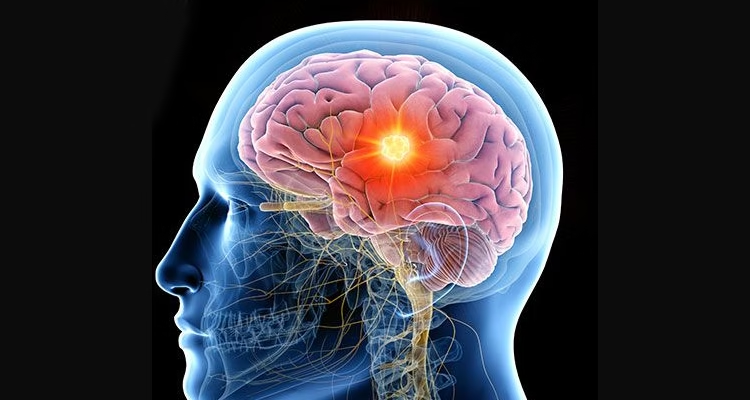
 June 8 is observed globally as World Brain Tumour Day, a day dedicated to raising awareness and educating the public about brain tumours. There are many myths and misconceptions surrounding this serious health issue, and this day serves as an opportunity to share accurate information and promote understanding.
June 8 is observed globally as World Brain Tumour Day, a day dedicated to raising awareness and educating the public about brain tumours. There are many myths and misconceptions surrounding this serious health issue, and this day serves as an opportunity to share accurate information and promote understanding.
World Brain Tumour Day was established in 2000 by the German Brain Tumour Association, an organization committed to finding a cure for brain tumours. The association supports scientific research in the field of neuro-oncology and promotes international knowledge exchange. Their goal is to improve treatment and patient outcomes through global awareness and advocacy.
Brain tumours often begin with non-specific symptoms, which can make early diagnosis challenging. Timely consultation with a neurosurgeon or neurologist can help detect the condition at an early stage, allowing for more effective treatment. Although brain tumours can be life-threatening, many are treatable with the right approach. Common treatment options include surgery, chemotherapy, radiotherapy, anti-seizure medications, and steroid therapy.
Genetics can also play a role. A family history of cancer increases the risk of developing a tumour. Specific genetic variations that influence how the body responds to carcinogens can further heighten this risk.
In India, the incidence of brain tumours is on the rise. According to studies, brain tumours are the most common type of childhood cancer in girls, while among adults, the prevalence is relatively equal between men and women, though regional variations exist.
Symptoms of brain tumours vary depending on the tumour’s location in the brain. Common symptoms include:
-
Persistent headaches
-
Seizures
-
Vision problems
-
Vomiting
-
Mental or behavioral changes
In many cases, headaches and vomiting occur early in the morning. Advanced symptoms may include difficulty walking, speaking, or sensing touch.
To address the growing cancer burden, the Government of India has implemented the National Cancer Control Programme, which focuses on prevention, early detection, diagnosis, treatment, and palliative care.
The World Health Organization (WHO) has recommended reducing mobile phone use and encourages the use of hands-free devices—especially for children and young adults—as a precautionary measure to lower potential risks associated with brain tumours.
Brain health is essential for overall well-being. Keeping the brain active, ensuring a healthy diet rich in nutrients, regular physical activity, and avoiding harmful habits like smoking and excessive alcohol intake can enhance brain function and potentially reduce the risk of developing tumours and neurodegenerative diseases such as dementia.
Effective treatment for brain tumours often requires a multi-disciplinary approach, including surgery, medical therapy, and comprehensive post-operative rehabilitation—which unfortunately remains limited in availability under a single facility in many parts of India.
Let us use this World Brain Tumour Day to spread awareness, promote early diagnosis, support research, and advocate for accessible and comprehensive treatment facilities.




